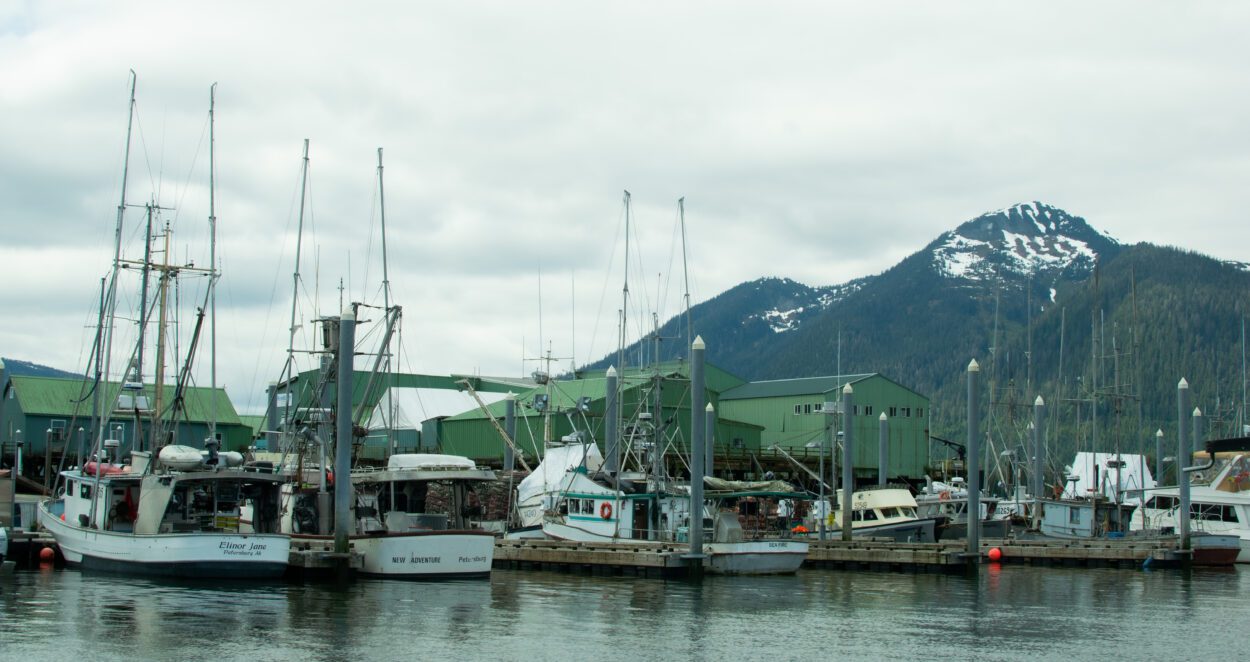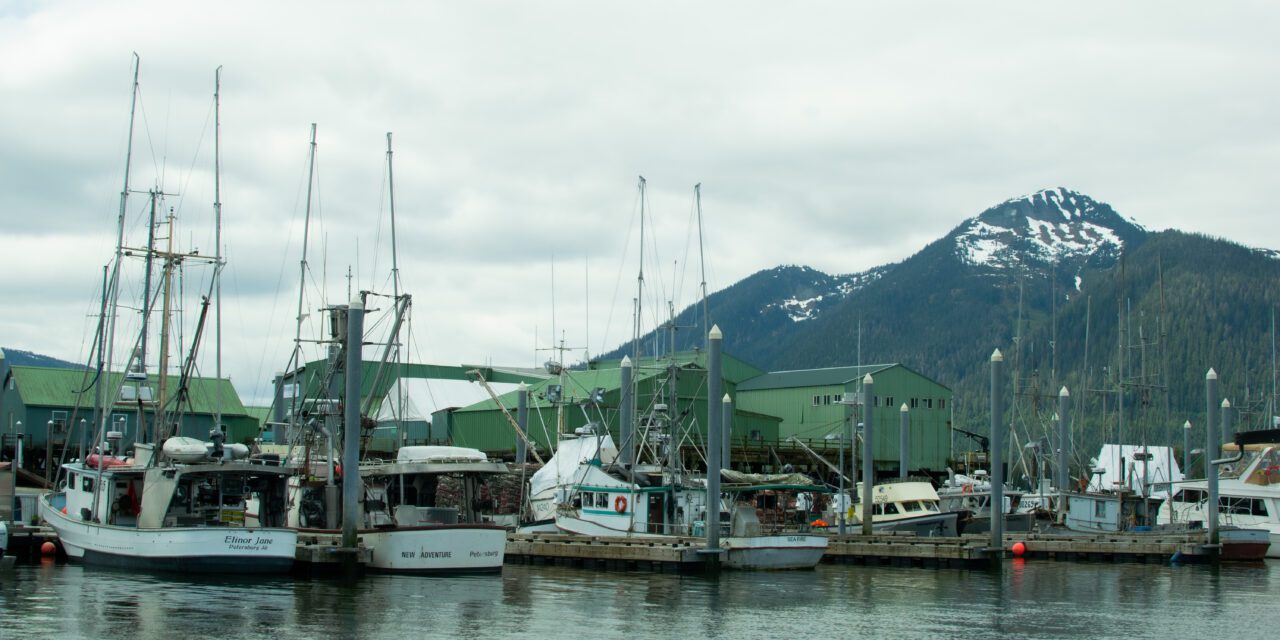
A Washington-based conservation group closed this summer’s Southeast Alaska king salmon — or chinook — troll fishery after a three-year legal battle. The Wild Fish Conservancy’s case rests on the idea that king salmon harvests in Southeast Alaska drive the decline of Southern Resident orcas.
Now, the group is doubling down. They’re pursuing Endangered Species Act protections for several populations of king salmon across Alaska.
Even other environmental groups are questioning the Wild Fish Conservancy’s latest move. Tim Bristol is the executive director of SalmonState, a salmon conservation agency. The group’s mission is to protect the future of wild salmon in Alaska. Bristol said the Endangered Species Act isn’t the right tool to fix declining king stocks.
“It’s overkill,” said Bristol. “It’s going way too far. Pretty dramatic overreach. I’m deeply worried that it will make a lot of people really oppose the Endangered Species Act. I think it’s an important tool in the toolbox. But it’s also a tool that needs to be used very judiciously, and in very specific circumstances. To just try to have a blanket series of listings for stocks from areas of the state that are wildly different — I think that’s very concerning.”
Freelance journalist Nat Herz first reported the ESA petition. The Wild Fish Conservancy wrote a letter to the Commissioner of the Alaska Department of Fish and Game, Doug Vincent-Lang, in late May. The letter said the group’s intent is to list and designate critical habitat for multiple populations of king salmon in Southeast Alaska, Southwest Alaska and Cook Inlet.
Three years ago, the organization filed a lawsuit to protect a declining population of orcas in the Puget Sound by restoring king salmon to their fishing grounds. A federal judge in Washington state issued a ruling in early May that is likely to shut down trolling for king salmon in Southeast Alaska for the summer.
Bristol said the Wild Fish Conservancy was wrong to target the trollers — and now, they’re doubling down by trying to list king salmon populations as endangered.
“This just takes it to a place where people shut down,” said Bristol. “They go into a defensive mode because of a pending listing and potential litigation.”
If Alaska king salmon make it onto the Endangered Species List, it could entail the closure of commercial harvests of kings — and punishment for other fisheries that accidentally catch them. Amy Daughtery is the executive director for the Alaska Trollers Association. She said the trollers are too busy fighting the closure of their fishery to plan for a potential ESA listing.
“We haven’t focused on that one yet because we’re still preparing for the appeals process for the first lawsuit, which specifically named trollers,” said Daughtery. “But, shortly, we will be taking a harder look at that after we see the filing.”
Daughtery said, soon enough, other fisheries will share the burden of the existential threat to the Southeast trollers.
The United Fishermen of Alaska is an umbrella organization representing 37 other fishing organizations from across Alaska. Tracy Welch is its executive director. She saw an outpouring of industry support for the trollers, and expects that support will grow even stronger in the face of litigation that could affect more fisheries.
“I think we’ve already seen industry support in that respect,” said Welch. “But the fact that this has the potential to impact sport and subsistence along with commercial, and I hope that there will be more support throughout the state amongst user groups.”
Alaska Department of Fish and Game Commissioner Vincent-Lang said there is no way Alaska’s king stocks are in jeopardy of extinction. In an emailed statement, he said: “The ESA is not the right tool to address issues related to low productivity. While the abundance of some stocks have taken a dip in recent years, the state has and will continue to take strong action to rebuild these stocks.”
The Wild Fish Conservancy hasn’t filed the petition yet. Its letter to Vincent-Lang, dated May 24th, said they would file one within 30 days.










